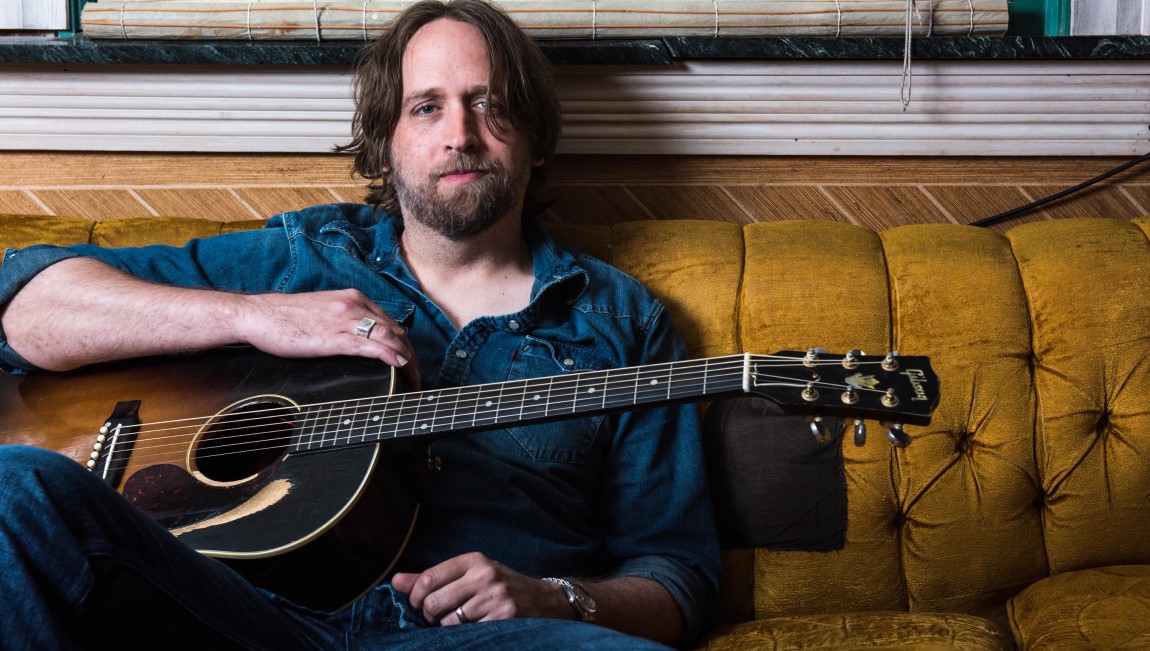The music of Ray Charles always sounded like freedom. On his early sides for Atlantic, he was a man unencumbered by the conventions of genre, gleefully innovating a borderless cross-contamination of gospel, blues, jazz, and proto-rock-and-roll. But it’s 1962’s Modern Sounds in Country and Western Music — a two-volume set recently reissued in one pristine package — that best embodies his sense of boundarylessness. The album was only possible through the creative freedom clause in Charles’s recording contract, which afforded him an unprecedented level of autonomy to follow his muse in whatever direction it led him, in this case toward a landmark of genre fusion that casually intermingled American roots idioms even as it issued a formal challenge to the highly segregated country music industry. (Alas: The more things change, the more things stay the same.) Nowadays it’s a critical cliché to highlight the straight line connecting white country music to black rhythm and blues — but only because Ray Charles illuminated it, whooping and wailing through these honky tonk standards and coalescing all of it under the umbrella of “soul music.” The songs — all recorded with lush orchestral backings and full complements of harmony singers — blow right past the analog austerity that so often characterizes roots music, reveling in the deep tones and flagrant emotion of the countrypolitan sound.
The album was only possible through the creative freedom clause in Charles’s recording contract, which afforded him an unprecedented level of autonomy to follow his muse in whatever direction it led him, in this case toward a landmark of genre fusion that casually intermingled American roots idioms even as it issued a formal challenge to the highly segregated country music industry.
Where lesser performers and arrangers might have been buried under these thick orchestrations, Charles finds plenty of room for grit, groove, and casual invention. “Bye Bye Love” opens the set with nightclub swing and Andrews Sisters-styled harmonies; the tune is so breezy and Charles’s singing so convivial, you almost miss the despair that lies curdled just under the surface. It’s immediately followed by Charles’s legendary take on Cindy Walker’s “You Don’t Know Me,” often performed in his live concerts as a saloon song riddled with dejection. Here, the song’s bitter pill is sweetened by Charles’s harmony singers, who could at times sound saccharine on his more straightforward rhythm and blues recordings, but here serve an invaluable role in smoothing out the naked, often pained emotion in these songs. And by and large, these are indeed songs of heartache, in the grand honky tonk tradition: “Born to Lose” is the confession of a man destined for ruin, and his plight is situated under the sweep and sparkle of the big band — as if to say that one guy’s problems don’t amount to a hill of beans in this world of missed chances and broken covenants. Meanwhile, “Half as Much” drips with bitterness, but you wouldn’t know it from Charles’s swaggering, brassy arrangement. In theory, some of these symphonic extravagances toe the line of easy-listening mush, but the grain in Charles’s voice keeps emotional accessibility at the forefront; you may be seduced by these lustrous performances, but you’ll never quite forget the midnight blues at the center. Decades later, Modern Sounds in Country and Western Music still sounds like the work of a man who was free to do things his way.
Part of Kicking the Canon – The Album Canon.







